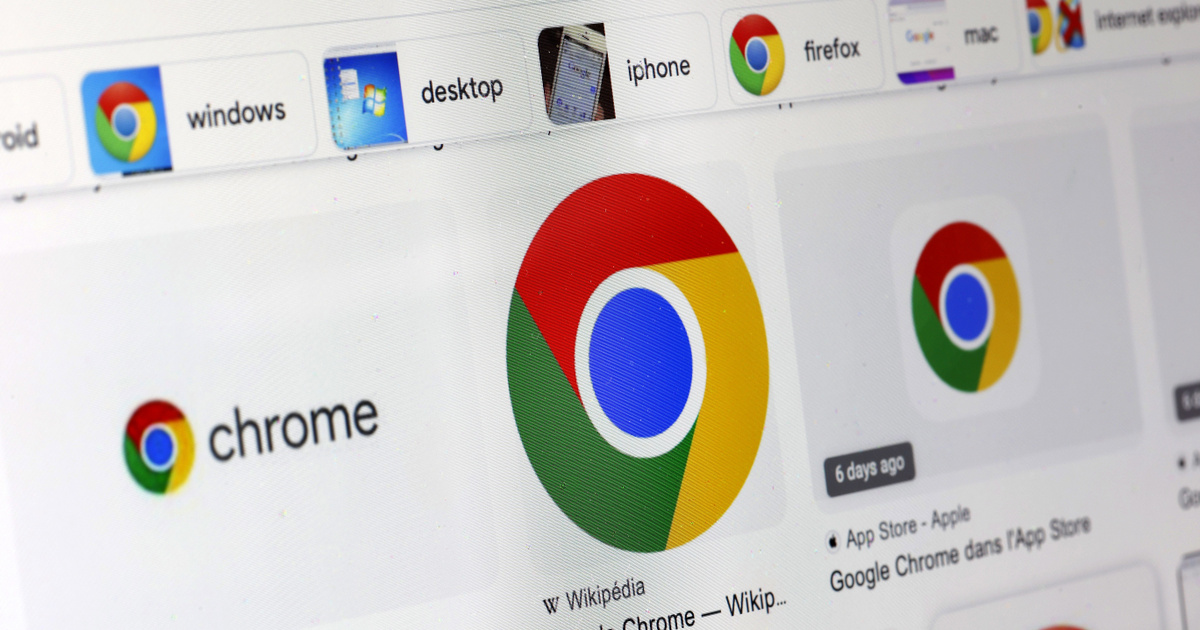Google has released patched versions worldwide through the stable desktop channel for Windows (120.0.6099.224/225), Mac (120.0.6099.234), and Linux (120.0.6099.224).
For those who don't want to update their browser manually, Chrome automatically checks for new updates and installs them after the next launch.
The so-called zero-day vulnerability (CVE-2024-0519) is a memory access flaw in the JavaScript engine of Chrome V8 that could allow attackers to access data outside the memory buffer, thus obtaining personal information and crashing computers.
Google has also patched two additional flaws in V8 (CVE-2024-0517 and CVE-2024-0518) that allow arbitrary code to be executed on vulnerable devices.
Last year, Google fixed eight bugs in Chrome. Some of this software, such as CVE-2023-4762, has been used to install spyware on the devices of journalists, politicians, and other powerful people, according to a report. Sleeping computer.












































